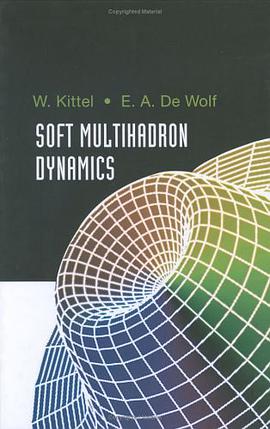

具体描述
Why does political decentralization seem reduce intrastate conflict more in some countries than in others? This question constitutes the central focus of Peace by Design. Brancati argues that the ability of decentralization to reduce intrastate conflict hinges on the electoral strength of regional parties. According to Brancati, regional parties tend to promote intrastate conflict by creating regional identities, advocating legislation harmful to other regions and regional minorities, and mobilizing groups to engage in conflict or supporting extremist organizations that do. Brancati also highlights a number of conditions under which regional parties are more likely to promote conflict, such as democratic transitions. Brancati further argues that decentralization increases the strength of regional parties depending on particular features of decentralization (i.e., the proportion of legislative seats a region possesses, the number of regional legislatures in a country, the upper house election procedures, the sequencing of national and regional elections). These features of decentralization vary across countries and are fundamental to explaining why decentralization is not effective in reducing conflict in all countries. Brancati's ultimate conclusion is that decentralization can be effectively designed to promote peace, as long as it is designed to encourage statewide parties to incorporate regional parties into their agendas and to limit the strength of regional parties. The author provides compelling evidence for her argument through three detailed cases studies (e.g., Czechoslovakia, Spain, and India) and a rigorous quantitative analysis in which she introduces a new dataset on constituency-level elections that will prove an invaluable resource for many future studies.
作者简介
目录信息
读后感
评分
评分
评分
评分
用户评价
相关图书
本站所有内容均为互联网搜索引擎提供的公开搜索信息,本站不存储任何数据与内容,任何内容与数据均与本站无关,如有需要请联系相关搜索引擎包括但不限于百度,google,bing,sogou 等
© 2026 book.wenda123.org All Rights Reserved. 图书目录大全 版权所有




















